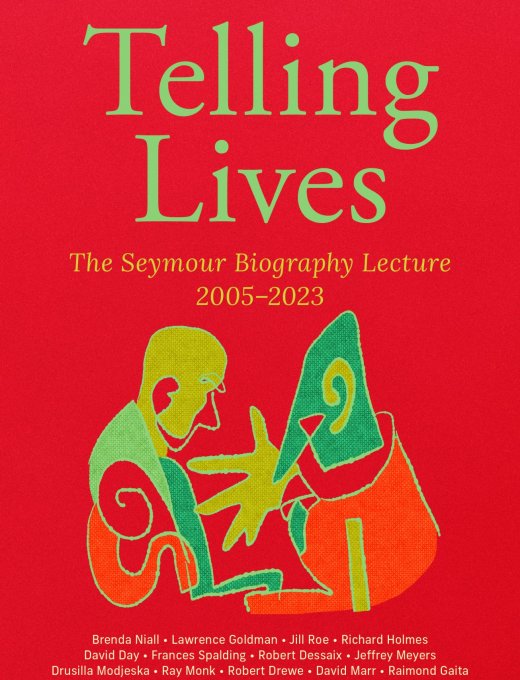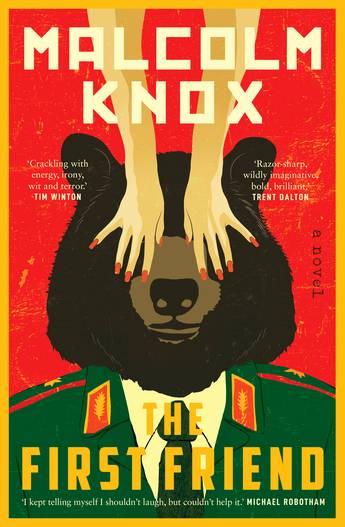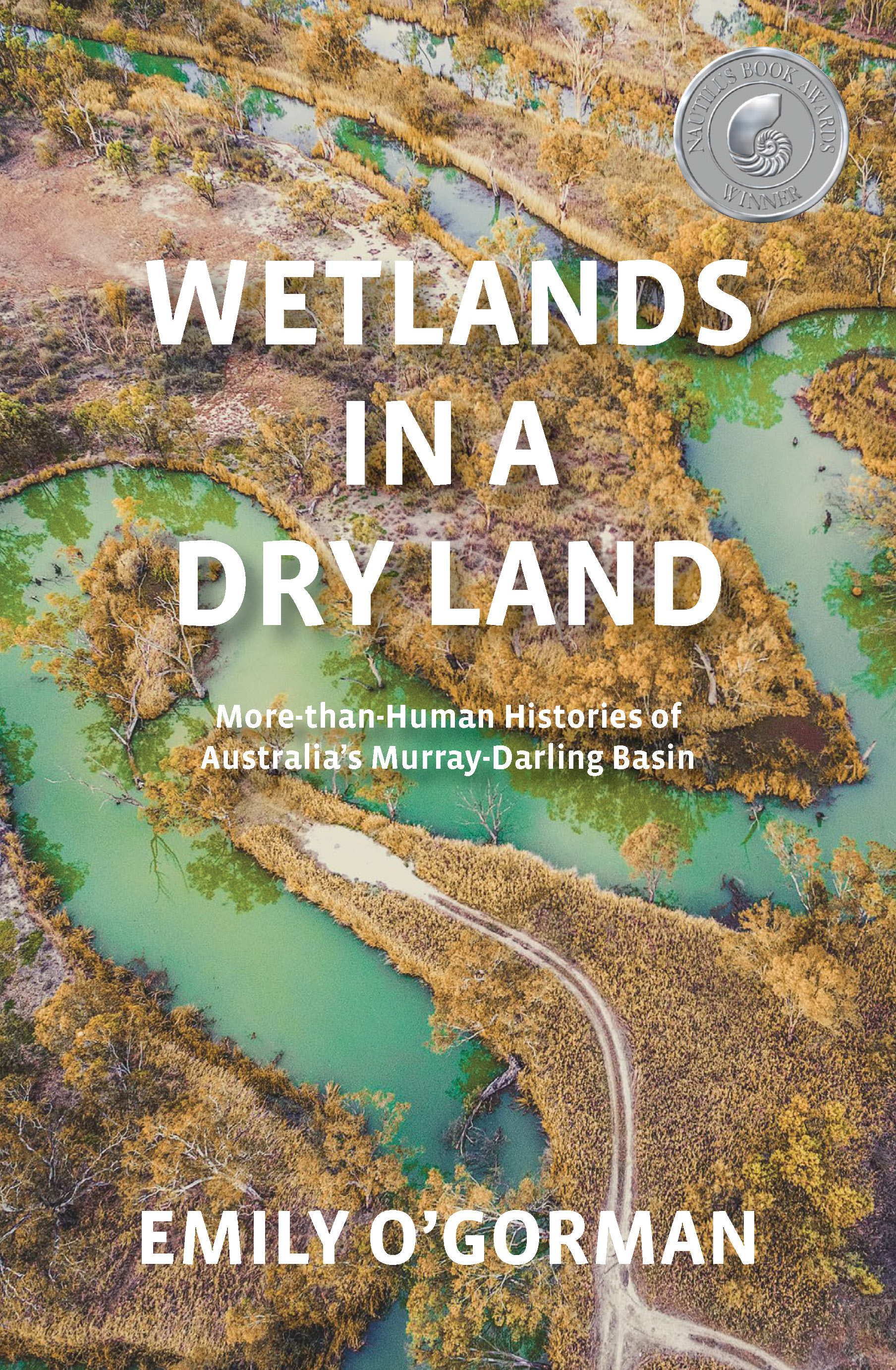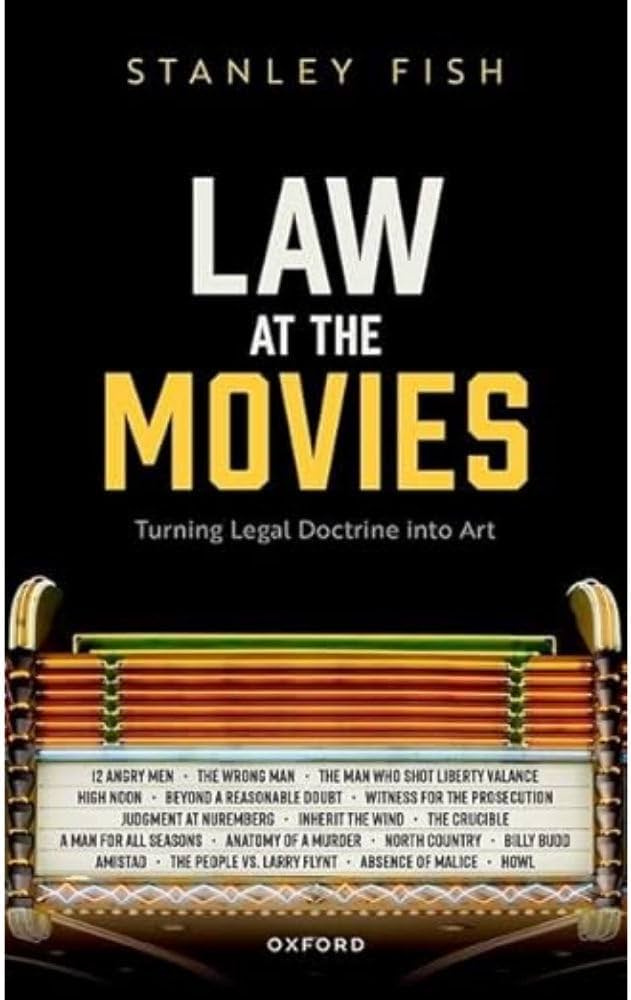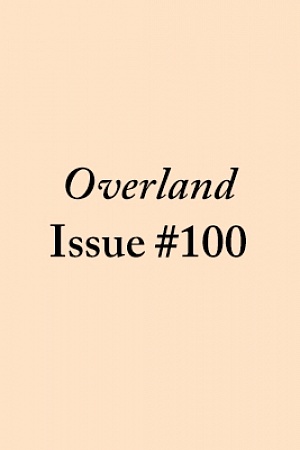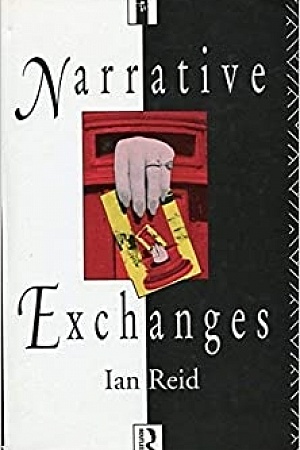Teacher Learning
Routledge & Kegan Paul, 185 pp, $11.50 pb
Who'd be a bloody teacher?
Gwyneth Dow has edited a collection of essays that forms a relevant and coherent whole. The authors seek to salvage what they see as ‘the good things’ in education reform of the late sixties and early seventies, reform that had weaknesses which were the result of ‘faulty thinking, poor social analysis, romantic psychological theories, slip-shod pedagogy’. The contributors to this book are Rory Barnes, Gwyneth Dow, Rod Foster, Noel P. Gough, Bill Hannan, and Doug White. Gwyneth Dow points out they do not all share the same ideological positions, but they are clearly in fundamental agreement about curriculum reform, a more democratic approach to teaching and to the running of schools, and a more socially aware view of teaching and teacher education.
This book is at once theoretical and practical. It takes quite a daring approach by creating Maria, a young schoolteacher. The contributors follow her as she and her colleagues attempt to devise a more meaningful curriculum. In presenting Maria, the writers use the techniques of both the biographer and the novelist. ‘Maria wandered out to Paul's kitchen to make coffee. She leant against the sink. Jesus, who'd be a bloody teacher?’ Extraordinarily, among other things this book is ‘a good read’. Maria is interesting in herself, and not a lifeless ‘John and Mary’ figure. The device is handled with skill and restraint, and some of Mary's colleagues are used as convincing devil's advocates against co-operative reform in teaching and teacher education.
Continue reading for only $10 per month. Subscribe and gain full access to Australian Book Review. Already a subscriber? Sign in. If you need assistance, feel free to contact us.

